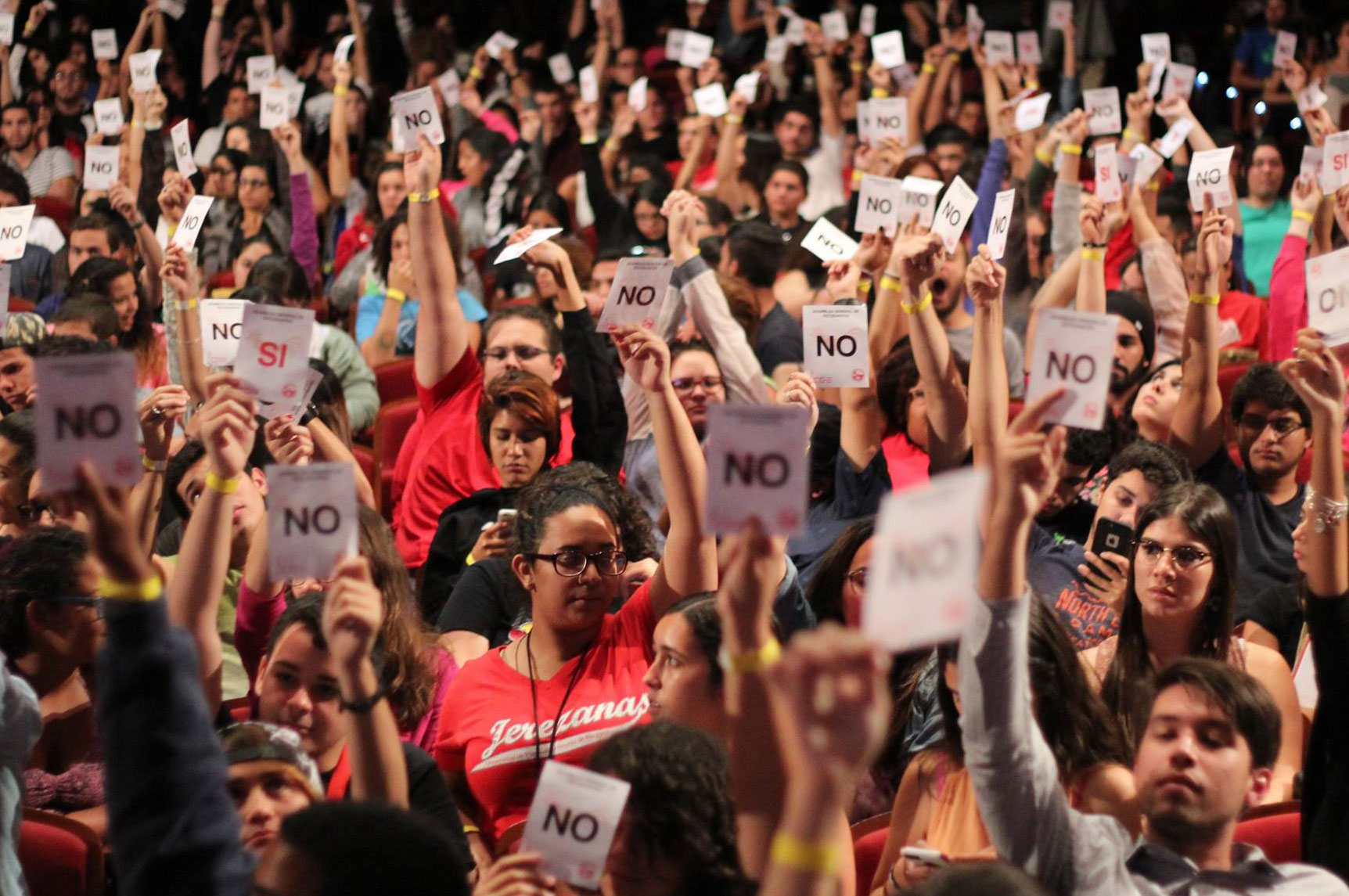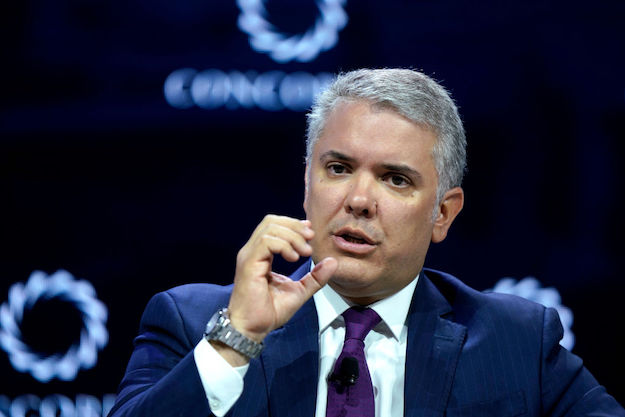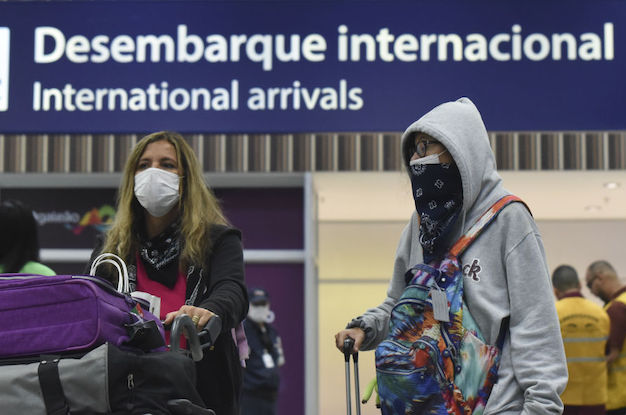Desperate for a lifeline from the U.S. Congress, university students in Puerto Rico are pushing local politicians to take an extreme step – default on their debt.
With the island’s fiscal troubles going from bad to worse, student leaders say default on upcoming payments is the only way to force Congress to pass restructuring legislation that prioritizes public services over satisfying creditors.
“The reality of whether the University of Puerto Rico opens next year or not is directly linked to what Congress approves,” Guillermo Guasp Pérez, president of the General Student Council at the University of Puerto Rico’s (UPR) Río Piedras campus in San Juan, told AQ. “We’re pressuring the local government to not pay its debt in order to pressure Congress to act.”
House members are expected as early as May 12 to present a reworked version of a bill called the Puerto Rico Oversight, Management, and Economic Stability Act (PROMESA), which would allow Congress to restructure Puerto Rico’s debt through a five-person financial oversight board. The bill also includes language that some say would allow for a near 60 percent cut in the minimum wage for newly-hired workers under 25 years old. Guasp, who traveled to Washington D.C. in April to lobby against PROMESA, says the bill is anti-democratic and that his group is working to come up with an alternative.
In the meantime, missed debt payments and fiscal tightening are taking their toll on the island’s universities.
A decade of austerity measures, punctuated by the current crisis, has already kept millions of dollars from reaching the UPR, which receives roughly two-thirds of its revenue from the commonwealth. Cutbacks have limited research opportunities, extracurricular activities and athletic scholarships, and some student workers have reported delayed payment for jobs on campus.
“Practically all that is being guaranteed are classes and nothing else, and that represents a problem for us,” Guasp told AQ.
Anxiety among UPR students has prompted student assemblies across the public university system to discuss how the debt crisis could further affect their education. A student-led protest in a shopping mall on May 1 was among the latest in an ongoing series of demonstrations against austerity and debt servicing.
Melody Vélez Pérez, a graduate student and activist at UPR, told AQ that student groups are hoping to pressure Puerto Rico’s Treasury to “pay the money it owes the university.”
Puerto Rico’s Treasury is behind in $69.6 million worth of payments to UPR, according to Guasp, who cited a figure UPR’s Director of Budgeting and Finance provided his group at a May 5 board of trustees meeting. The university is also missing $77.1 million that UPR lent Puerto Rico’s Government Development Bank at the start of the fiscal year to help it avoid insolvency, Guasp said.
UPR leadership declined requests from AQ to confirm the amount the school is owed.
In what could be a promising sign for students, Governor Alejandro García Padilla in April signed a bill that would allow him freeze some of the island’s debt payments and preserve dangerously low cash reserves for “essential services.” Still, Padilla’s move hasn’t convinced some students that AQ spoke with, who expressed doubt that the plan for a debt moratorium would provide a long-term solution for the island’s financial burden.
Gabriel Casal Nazario, a representative of the Colectivo Amplio Estudiantíl en Lucha (CAEL), a student activist group at UPR’s Río Piedras campus, told AQ that Padilla’s plan amounted to little more than a delay in payments, and that instead the government should stop payment entirely.
“This debt isn’t ours and it isn’t just. Continuing to pay it is only going to deepen this crisis,” he said.
As politicians on and off the island haggle over how to move forward, student leaders face a challenge in having their voices heard amid a din of special interests, including lobbying from hedge funds that stand to lose billions from debt restructuring. Students hope that Puerto Rico’s political class recognizes how a strong university system might help the island avoid crises in the future.
“This is where there are minds that can offer solutions to our problems,” Vélez told AQ. “Public education is the backbone of any country, and we see it as an investment, not an expense.”
—
O’Boyle is an editor at AQ.









